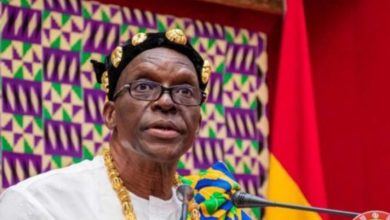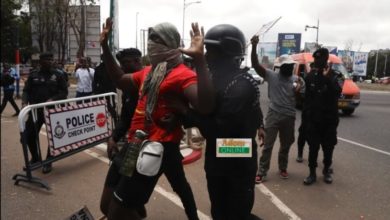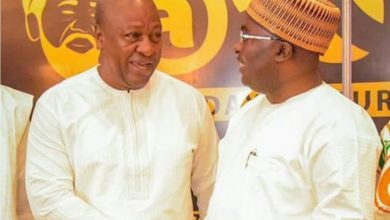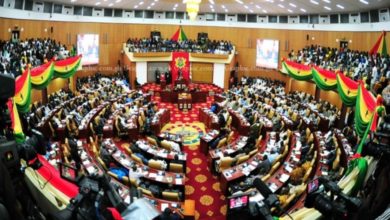“You don’t use wrong to correct wrong” – Labour Unions divided over planned strike against galamsey.
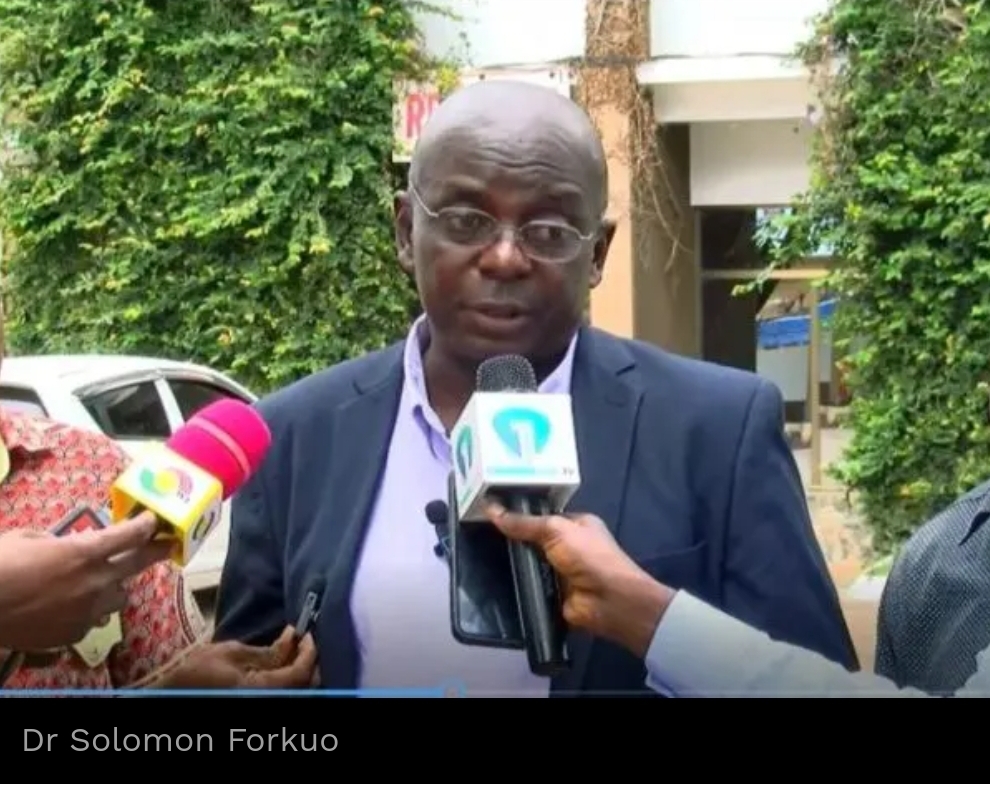
Tensions are rising within the labour front as divisions deepen over a proposed nationwide strike against illegal mining, commonly known as galamsey. The strike, scheduled for October 10, was called by leadership of Organised Labour, who argue that the government’s failure to declare a state of emergency on galamsey threatens the livelihoods of Ghanaians.
However, some factions within the union, including the Technical University Teachers Association of Ghana (TUTAG), have voiced opposition to the strike, criticizing the decision-making process. A group calling themselves “Concerned Members of Organised Labour” has publicly rejected the strike call, citing a lack of consultation.
“They should cancel whatever they have issued first and come back and take our views. Our views may help solve this problem once and for all,” one member stated. Another added, “They should come back and sit with us. You cannot just declare it before you even come to talk to us… If we all agree that that is the way to go, that’s fine.”
The concerned members argue that while they support the fight against galamsey, the approach to declaring the strike was inappropriate and counterproductive. They stress that “you don’t use wrong to correct wrong” and are urging the leadership to suspend the strike and instead pursue further dialogue with the government to address the issue.
Dr. Solomon Fokuo, a member of TUTAG, expressed his frustration, saying that the leadership should have focused on consulting its members before announcing the strike. Speaking to journalists in Kumasi, he remarked, “We all oppose galamsey. We condemn those destroying our water bodies and environment, and we call on the government to use legal means to stop this to protect the environment. But the real issue is how Organised Labour has approached this matter.”
Dr. Fokuo also pointed out that if the leadership had put the same energy into addressing members’ welfare as they did into organising the strike, the situation could have been managed better. “They’ve scheduled a strike for October 10, but we weren’t consulted, and we’ve had no involvement. We don’t know where they’re drawing their energy from, but if they’d applied the same energy to fighting for our welfare, things could have been much better,” he added.
As Organised Labour’s leadership prepares for a pivotal meeting to finalise the strike plans, the internal discord threatens to undermine the unity of the labour movement in its fight against the illegal mining crisis.

